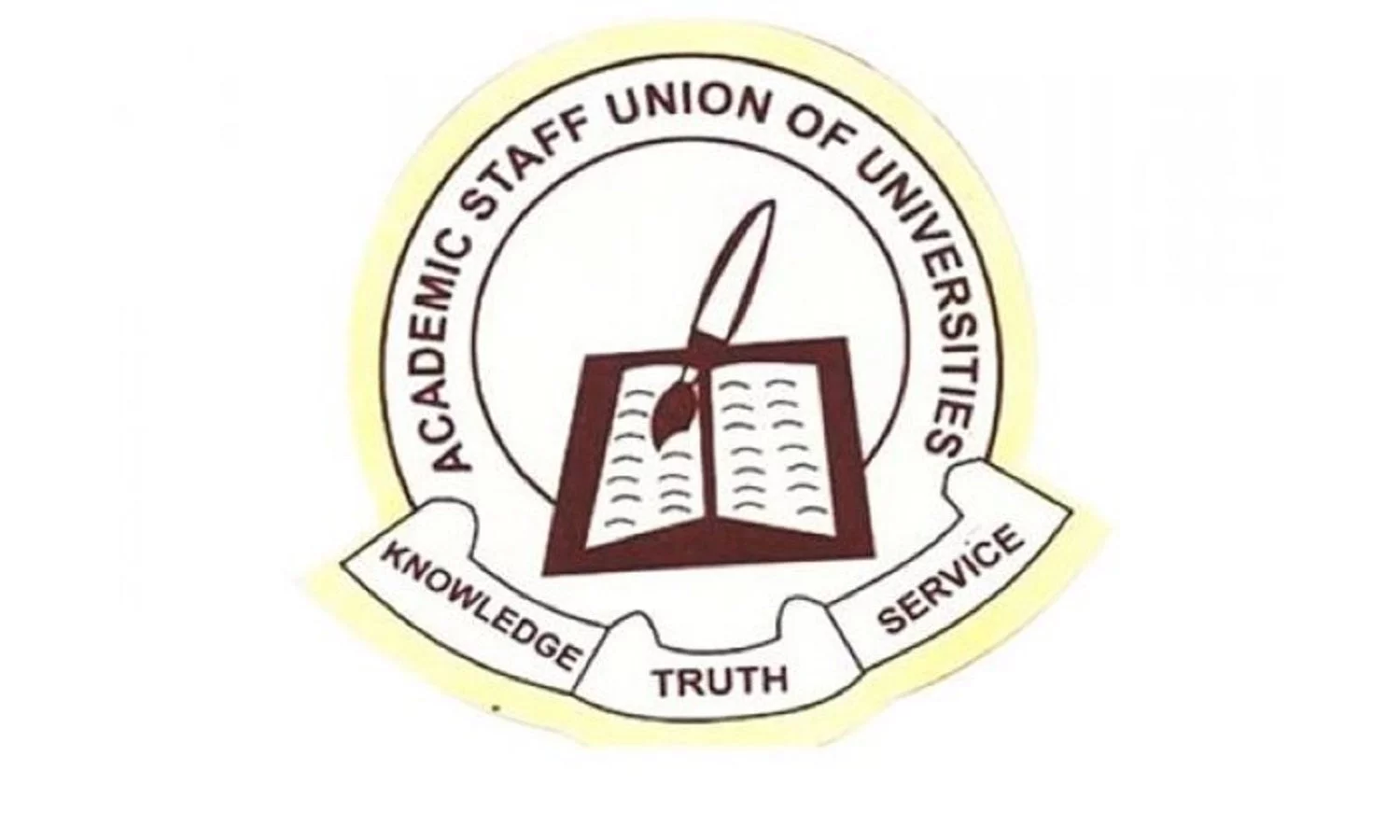It is one of the private schools in the country but with a difference. With a culture of religious tolerance and respect for diverse cultures, El Amin International Schools is second to none. Writes ELEOJO IDACHABA.
At a time when emphasis is on financial gratification for proprietors of many educational institutions, it is a different scenario in other schools. For those who do not run it for financial gains, investigation reveals that owners of such educational institutions are driven by a force. Behind many of those forces is a vision that ought to be achieved in order to uphold the destiny of future leaders. Such is the story of El-Amin International Schools (EL-AIS). The school which started in 1993 as a nursery and primary school now has a flourishing secondary arm with students from diverse backgrounds.
The establishment of the secondary arm of the school in September 1995, Blueprint gathered, was a product of direct response and natural progression from the primary school that was set up two years earlier. The brimming success of the primary school within three years of its operation served as a catalyst to the starting of its secondary school with children from across Nigeria where there is the promotion and respect for cultural and religious values.
We have succession plan
According to Mr Vincent Nkama, the principal of the school in Minna, it is only in El-Amin that he sees enrolment figure strictly controlled in spite of the financial gains. While speaking with Blueprint, he said, “The founder said the students cannot exceed 300 even though the carrying capacity is for 1,500 students. The founder doesn’t want rowdy classrooms but classrooms where teachers can identify individual students and know their weaknesses and assist them appropriately; so the teacher-student ratio is 1:8. When I came, I told the executive director that the school was underutilised, but he said the idea is to keep the vision of the founder alive.”
We value each others religion
Apart from this, the school respects and promoted cultural values considering the cosmopolitan nature of the students and workers. Nkama said, “One thing outstanding about the school is religious tolerance. Many schools claim to be secular but you still find people being treated unfairly or students complaining about not being allowed to practise their religion, but here people are free to practise their religion and tolerate each other. This gives every child an idea about rights of people and that translates into what happens in the larger society. We have a mosque for the Muslim students and a chapel for Christian students as well in all our schools. Sometimes, the Christian students remind their Muslim colleagues about prayer times and vice versa. The level of religious tolerance here is second to none,” he said.
With a well structured environment, learning is made easier. “Most private schools are not structured for a learning environment; here, users engage and interact to learn new skills,” Nkama said.
Sound academic programme
Speaking further, he said: “The university arm of EL-AIS is being constructed and would start running courses in 2020 just like the executive director recently announced at the Founder’s Day. The planners visited top universities in the world such as Harvard, Oxford, London School of Economics and Yale to assess their academic programmes; so in our new university, various faculties are modelled after different top ranked universities in the world.”
Unlike other schools, El- Amin, he said, has a policy of monitoring whatever their former students do even after graduation; a development he said attracts many parents to the institution. “Our policy is to keep a tab on what our former students are doing, where they are and what successes they have attained and we used that as a challenge to those that are here. Some former students usually come to talk to the students and they are always excited. Some of them in the university told us they were in the first class lists and we advised them to maintain those positions. We are doing this because we want to have good leaders in this country. Another reason for keeping in touch with our former students is to get new students because we have modern equipment. Our science laboratories are better than labs used by students in many universities.
Highlighting this further, Vincent said “We have state-of-the-art facilities in every discipline including chemistry, biology and physics as well as in Basic Technology, Carpentry, Electrical, Mechanical Workshops and Visual Art Studio. The Home Economics and language labs are well equipped and we still have typing pool where we test the typing speed of students.
“Our Food and Nutrition, students recently visited one of the best hotels in Abuja and when they returned, they admitted that they were familiar with all the equipment the hotel uses. They also interacted with the best chefs,” he said.
With an array of teachers ranging from graduates with bias in Education to Masters Degrees holders and a few PhD, he says the school is akin to anyone else in the world.
There is no doubt, it’s founder, the late Mrs Maryam Babangida knew exactly what she wanted. To that extent, she left behind an enduring legacy of succession upon which the executive director, Mohammed, her son runs the school alongside a dedicated management staff. “I would give kudos to the founder over the way she brought up the executive director who is her first son; because one of the major problems in school administration is succession. The executive director is sound morally, academically, physically and emotionally, therefore very capable in running the school. When you engage him you will have a robust discussion and experience on the nitty-gritty of the administration of an institution such as this. You can’t see any sign that the founder is no more.”
EL-AIS, according to investigation will commence full academic activities in its university as from the 2020 academic session for which it was learnt all arrangements are in place. While outlining her dreams in 1993, Mrs Babangida said, “One of the most significant decisions of your life will be choosing the best learning environment for your wards. As a parent, your child will be spending six years in either our primary or secondary school, therefore making the right choice becomes pivotal. This decision is made to affect their future and where you choose will greatly influence your child’s future.



